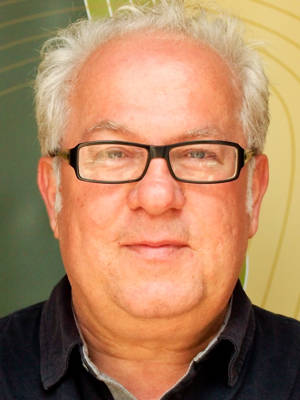For the last decade, the divided island of Cyprus has witnessed an enormous construction boom on both sides. Sleek, high-rise residences have begun to dominate the cityscapes of Limassol and Kyrenia, bringing foreign investment but also concerns about the potential effect on the island's unresolved conflict. This three-year project will investigate the now global phenomenon of hyper-development and its impact in conflict contexts. In Cyprus, property and territory remain disputed, meaning that this construction boom has direct implications for resolution of the property issue emanating from the Cyprus problem. However, Cyprus is not the only regional conflict experiencing such a boom. Beirut is also building skyscrapers at a rapid pace, aiming them at the regional market but building them in ways that reinforce sectarianism. In Israel, construction firms in both Tel Aviv and Jerusalem are selling luxury apartments to Jews who feel insecure because of political turmoil and rising anti-Semitism in Europe and South America. In these contexts, building is not only used for economic development but also to make claims on contested property and territory. Moreover, excessive construction relies on importing both workers and buyers, creating population concerns. And these cities all share the Eastern Mediterranean basin, while hyper-building ignores climate change and insufficiently accounts for natural resources. In Cyprus, research focuses on mapping the economic, political, social, and environmental impact of this hyper-development. Research also includes the effects of COVID-19 on the construction sectors on both sides of the island.
Members
For the last decade, the divided island of Cyprus has witnessed an enormous construction boom on both sides.






